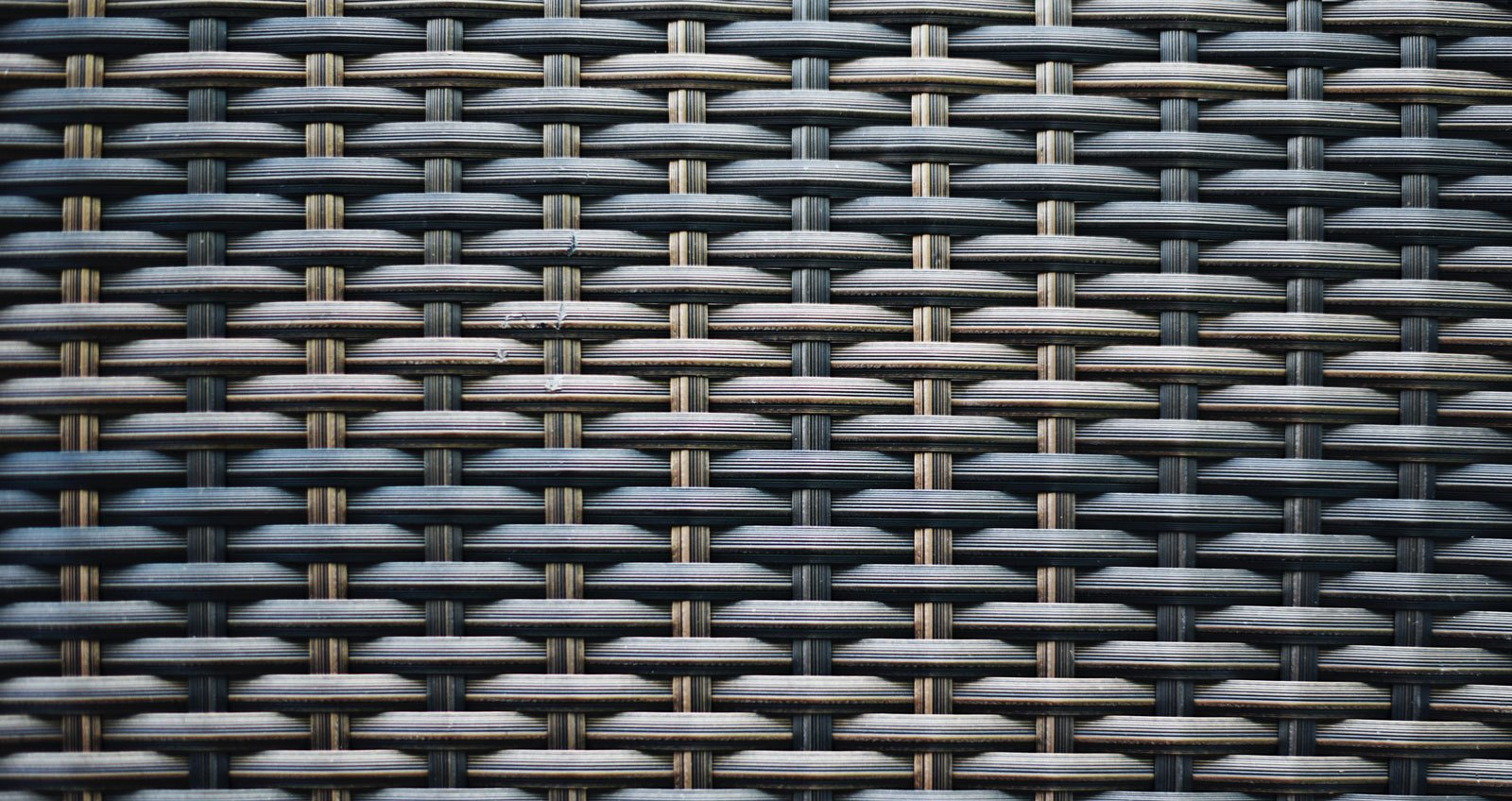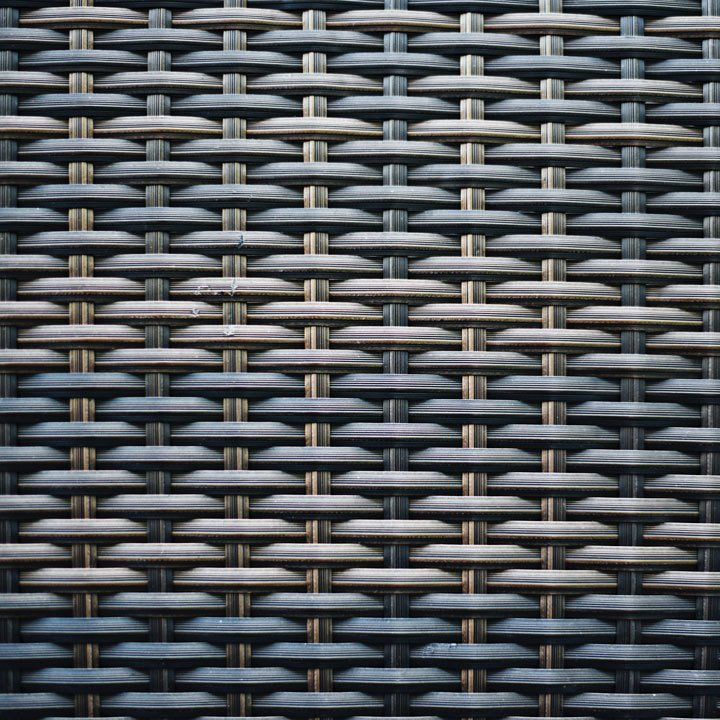Vittorio Morfino will talk about Antonio Gramsci’s work through the critical approach of Louis Althusser in order to identify the plausibility of raising the issue of multiple temporality in Gramsci’s conception.
Speaking of layers of history in Gramsci or, in the terms in which Morfino has referred to the question, of plural temporality in these years, means facing the reading put forward by Althusser in The Object of Capital in which he plays the role of a paradigm of one absolute historicism whose fundamental error would consist in bringing back the Marxist “history” into an ideological concept of history dominated by the categories of continuity and contemporaneity, thus crushing the plurality of social levels on a homogeneous and uniform present. Naturally this reading by Althusser has provoked numerous reactions. Among these, it is worth mentioning that of Portantiero in Los usos de Gramsci and Peter Thomas in The Gramscian Moment: the lowest common denominator is the centrality of the concept of “conjuncture”. The critique of Althusserian interpretation is done thus installing the concept of “conjuncture” in the heart of Gramscian thought, conceived as an interweaving of temporality. And, where the contemporaneity as full presence is what for Althusser renders politics unthinkable as a necessary expression of that present, precisely the interweaving of different temporalities opens up to a conception of politics as intervention in the conjuncture. In one case as in the other, however, the concept of “conjuncture” used to reply to the Althusserian critique is precisely Althusserian, although modulated, in Portantiero from the reference to the Einleitung of 1857 and in Thomas from that to the Derrida of Specters of Marx. “Conjuncture” means for these authors not a superficial variation of a deep structural invariance, but articulation, complex intertwining of temporality.

